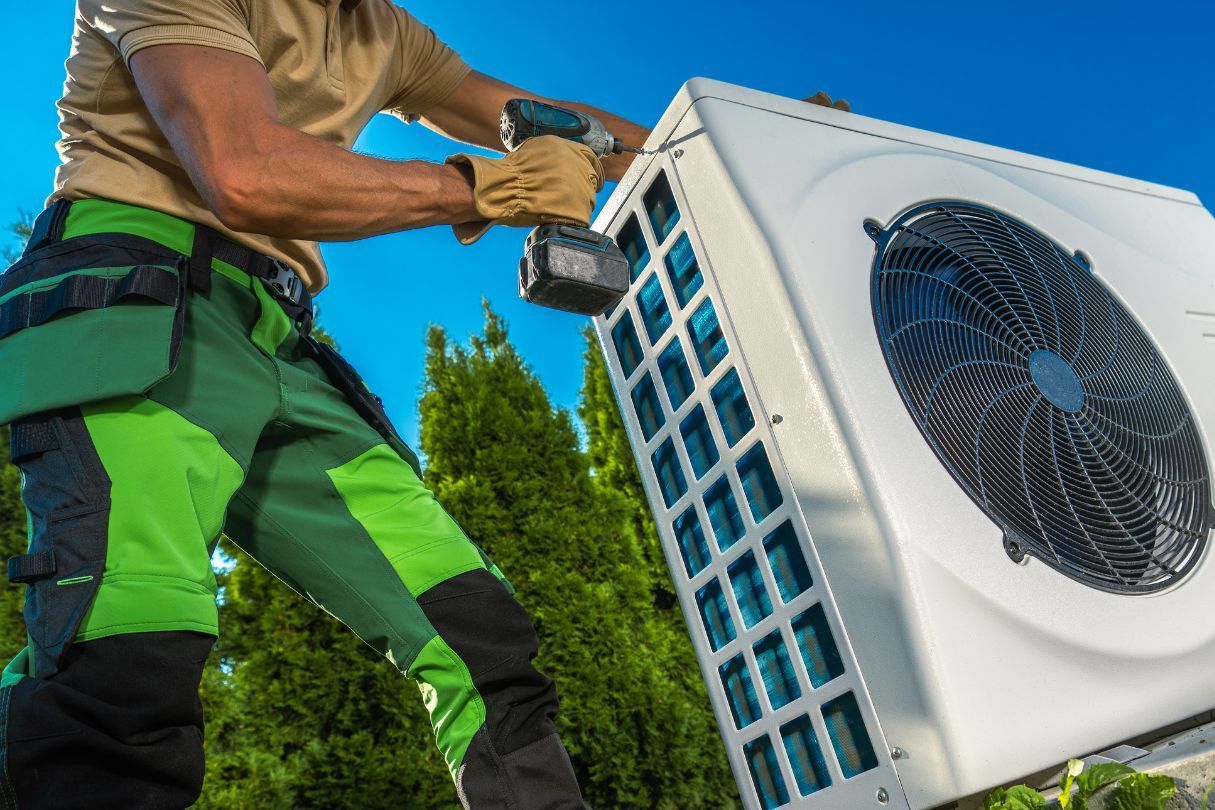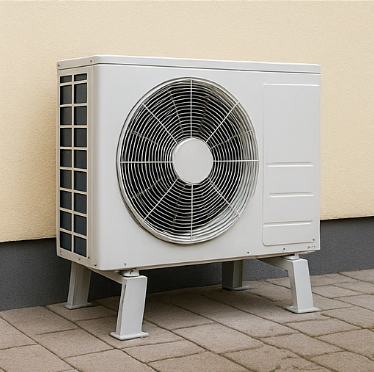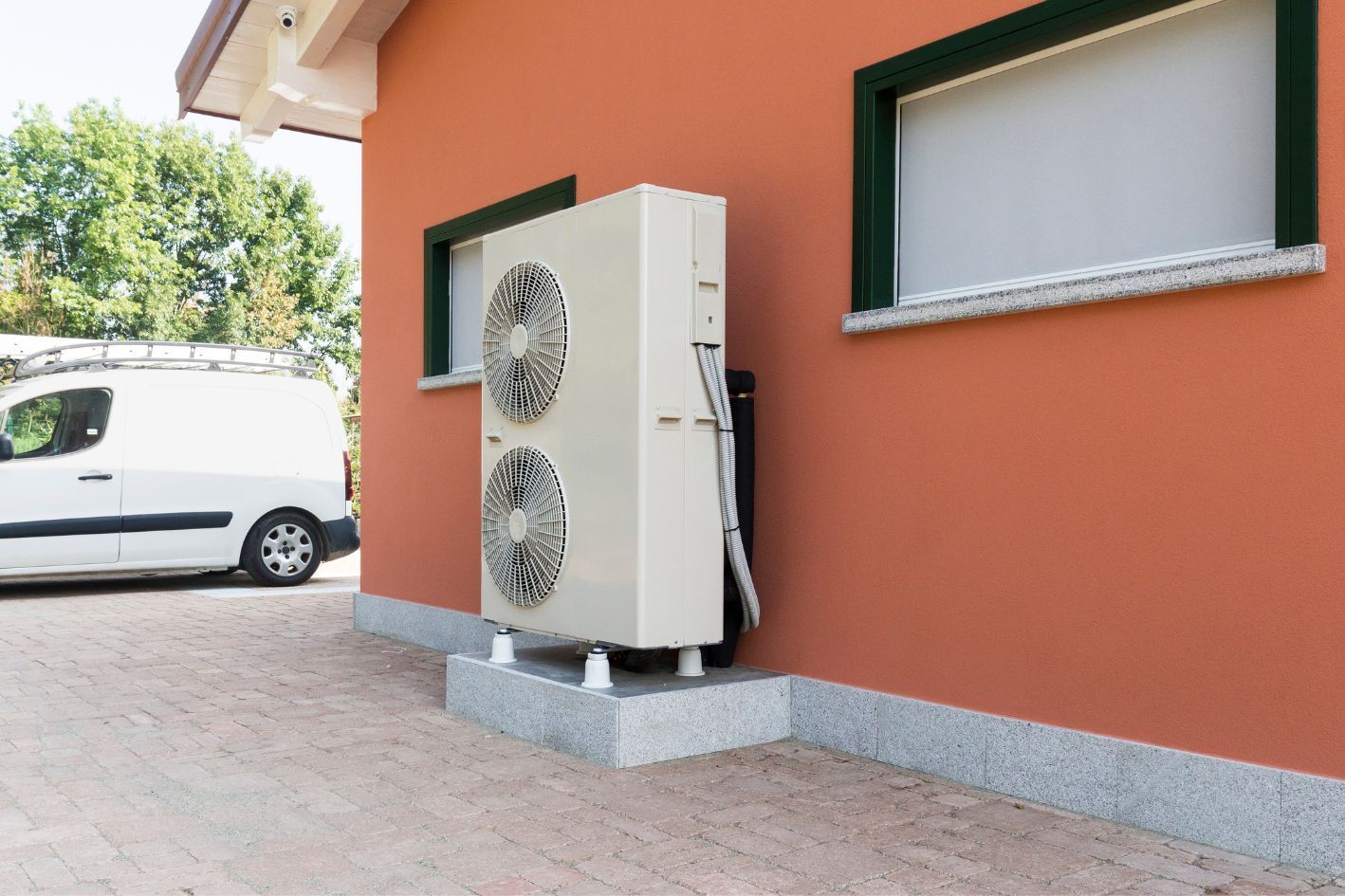The Effect Of Heat Pumps On Indoor Air Quality

Heat pumps are an extremely
popular heating and cooling solution for many
households and
businesses. Heat pumps are well-known for their ability to
maintain comfortable temperatures throughout the year, however, their impact on indoor air
quality is often overlooked. Throughout this blog post, we will explain the
effect air source heat pumps have on indoor air quality, followed by some
advice on how to maintain a
healthy indoor environment.
How Do Heat Pumps Work?
Air source heat pumps work by
transferring air from
outside to heat or cool your home. They utilise a
compressor, an evaporator
coil, and
refrigerant to
transport heat from one location to another. Heat pumps gather heat from the air inside your home and release it outdoors when it's in
cooling mode. In heating mode, they
absorb heat from the outside air and
transfer it inside.
Do Heat Pumps Improve Indoor Air Quality?
Heat pumps utilise
clean energy and
do not use fossil fuels, this leads to a
reduction in indoor air
pollution and carbon emissions. They provide constant air
circulation, eliminating
stagnant air and maintaining
steady indoor temperatures. Most heat pump units possess air
filters that are able to
catch dust, allergies, and other pollutants, improving air quality even further.
Potential Changes To Indoor Air Quality
Failing to properly install or maintain your heat pump could potentially lead to
poor air quality. If your air filters are
clogged and have not been replaced in a while, this will cause a
reduction in air filtration efficiency. Inadequate ventilation within a home that utilises a heat pump can lead to
stale indoor air and
elevated levels of contaminants.
Tips To Maintain Healthy Indoor Air Quality
- Keep your system's air filters
clean and
replace them on a
regular basis to continue efficient filtration.
- Schedule
annual maintenance with a trained
HVAC experts in order to check for
issues with your system and ensure it operates efficiently.
- Consider using a
dehumidifier alongside the heat pump to maintain
proper humidity levels and
prevent the development of mould.
- To
reduce indoor pollution levels, open
windows or operate exhaust fans on frequently.
- Add an air
purifier or UV air sanitizer to your home to help
eliminate particles from the air.
- Ensure you are utilising
natural cleaning products and
avoid smoking indoors to
decrease indoor air pollution.
- Consider welcoming some
plants to your indoor space to bring
oxygen and
clean the air, such as a spider plant or peace lilies.
Heat pumps are an energy-efficient and sustainable heating and cooling solution that is able to improve the air quality inside your home. Understanding how heat pumps work, the benefits they offer, and the potential issues they can cause allows homeowners to take proactive measures to maintain a healthy indoor environment. Follow these maintenance tips and extra measures to ensure that your heat pump contributes to better indoor air quality and a more comfortable living environment for you and your family.











